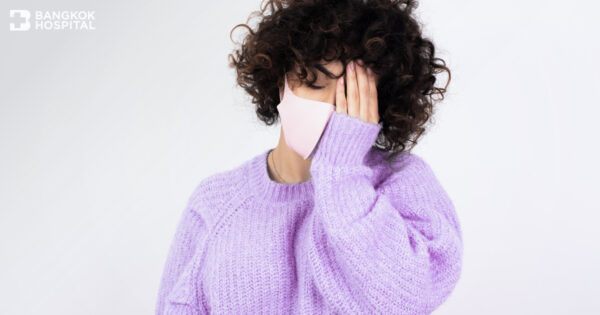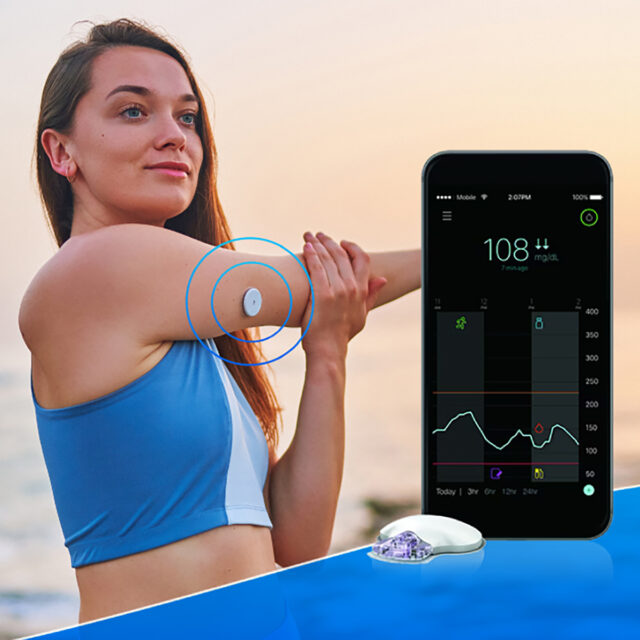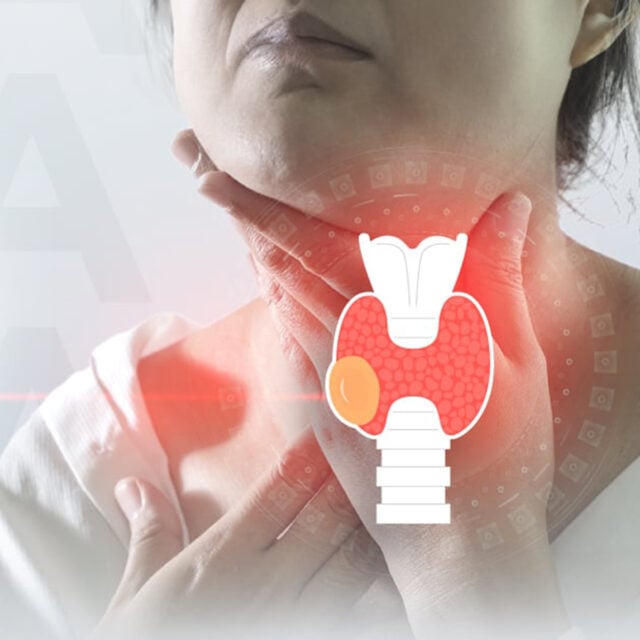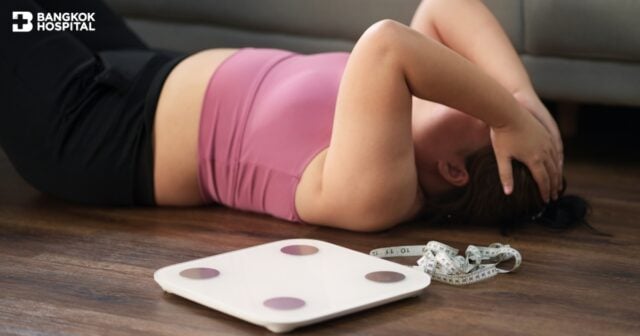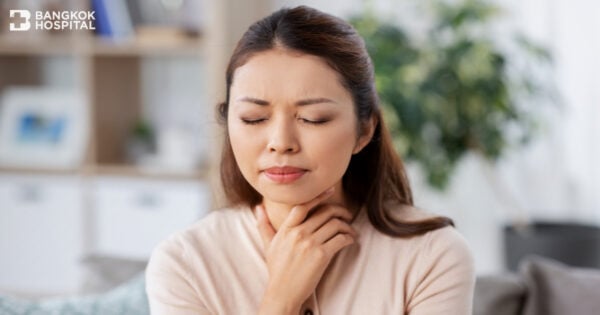Post Covid-19 patients, whether children or adults, have a high risk of getting diabetes. This is why taking good care of yourself after recovering from Covid-19 is very important, and thorough physical check – up is something you cannot ignore. Should any abnormality be detected, it could be taken care of right away.
Why Diabetes Is A Risk After Covid-19 Recovery?
A research published in The Lancet Diabetes and Endocrinology – based on data collected from 181,000 Covid-19 patients out of a total population of 8.5 million – found that post Covid-19 patients were likely to have diabetes within 1 year after recovery. The risk was neither limited to patients with severe cases of COVID-19 nor to those with existing health problems – such as overweight, high blood pressure, etc. Even those who were healthy before contracting Covid-19 also had the same high risk of diabetes. This means in every 1 million post Covid-19 patients, 20,000 are likely to have diabetes as their long Covid effect.
While suffering from COVID-19, the body is infected by the virus which affects the body’s immunity. In people who have never suffered from diabetes before, the severity of COVID-19 is correlated to their blood sugar levels. When a patient is infected with COVID and the blood sugar level is also high, the patient’s condition is more serious. It is because the virus causes more inflammation which also raises the blood sugar level and leads to greater severity. This, in turn, affects the pancreas as it destroys the cells that produce insulin – leading to insulin resistance and, therefore, diabetes. In some post-COVID patients, their blood sugar levels may improve by themselves. However, in severe COVID cases, steroid may be administered to reduce the inflammation which may trigger diabetes also. In this case, the diabetes condition may improve after the steroid treatment ends.
How Severe Is Diabetes When Infected by COVID-19
There is a correlation between the severity of diabetes and that of COVID-19. For patients without any history of diabetes, if they suffer severely from COVID, they will have a higher risk of diabetes. For those already with diabetes, if they have COVID-19, their conditions will be more severe than those without diabetes, as it will be difficult to control the diabetes condition which has now become more complicated. Further, COVID patients with diabetes, while suffering from COVID, may need to have some of their medication adjusted, or they may not be able to take some types of medicine. Therefore, they will require close monitoring by the medical team to prevent any complication which may arise from acute diabetes.
In addition, during the COVID-19 pandemic, there is an increasing number of complications such as diabetic ketoacidosis in children with type 1 diabetes. In such cases, the children will breathe faster and grasp for air, due to the heightened severity of diabetes as the body cannot produce insulin and now needs insulin injection along with some liquid. Adults with diabetes may not have such a condition, but if they cannot control their sugar level properly, they will become thirsty, with dry mouth and throat, and may urinate often – making their conditions worse while suffering from COVID-19.
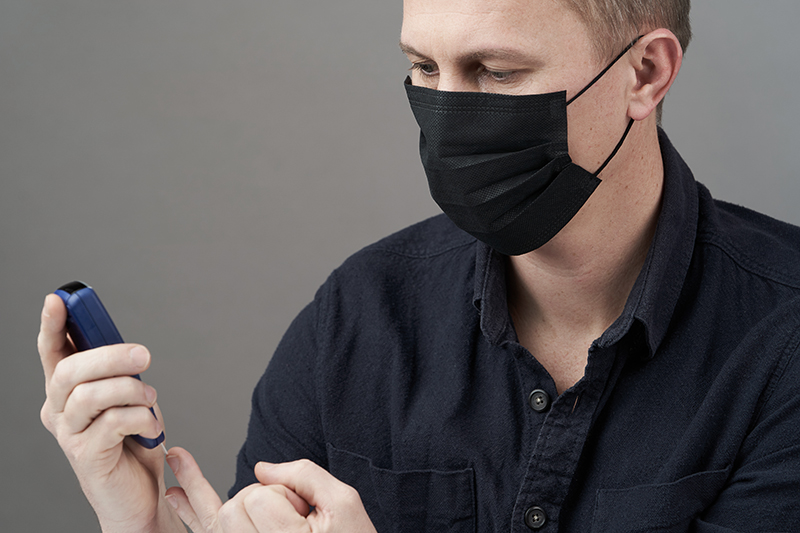
Post COVID-19 Screening for Diabetes
After recovering from COVID-19, patients over 60 – 65 years old who are also overweight and have congenital disorders – such as high blood pressure, high cholesterol, heart disease, etc. – and those who had severe cases of COVID-19 which required ICU admission, it is strongly recommended that they undergo thorough diabetes screening to prevent, identify, and/or control the condition quickly.
However, diabetes condition can improve a year after recovering from COVID-19, as the body will have recuperated already. If the patient takes care of the body appropriately – eats right, sleeps and rests well, exercises regularly – the recovery will be even better. Most importantly, it is vital to notice any abnormality in the body: fatigue, frequent urination, or dizziness, etc. If you are experiencing any of these symptoms after recovering from COVID-19, you should consult a doctor immediately.



